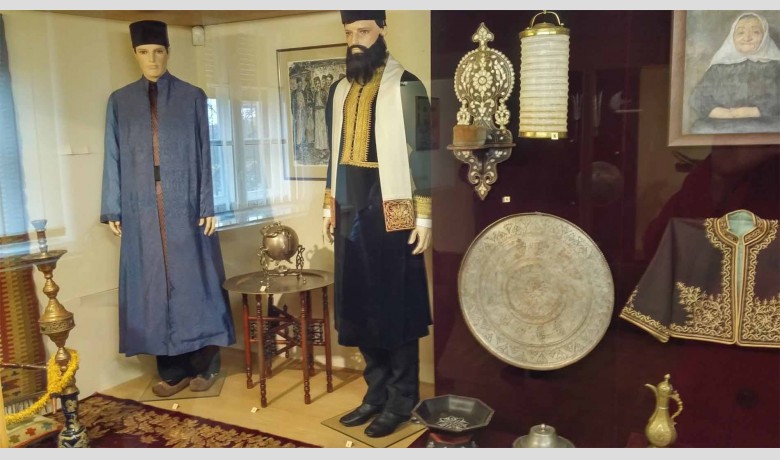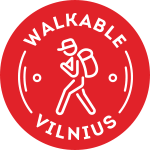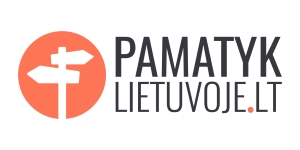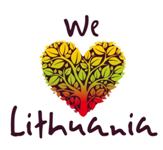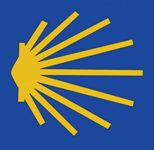It is Europe’s only place which provides an insight into the culture and history of the ethnic group which moved from Crimea to Lithuania 600 years ago. The Karaite ethnographic exhibition was set up in 1967. It gives visitors a glimpse into the history, customs and everyday life of the Karaites.
The founding of the museum was conceived by Hajji Seraya Khan Shapshal. He was a 19th–20th century scholar, collector, and a well-known public figure of the Karaite community who had an avid interest in the cultures of Eastern nations and especially Karaite culture. In the Karaite congress held in 1927 in Trakai he was elected Karaite community leader and was given the title of Hakhan which is the highest title for a Karaite clergyman. After he assumed this title, Shapshal began collecting items of the spiritual and material heritage of the Karaites and other related nations with an intention to set up a museum. In 1938, his vision came to fruition when the Polish government allocated 33,000 zloty for the construction of a Karaite Museum in Trakai. The construction of the museum was launched under the supervision of architect J. Borovskis and with active involvement of the Karaite community itself. A solemn cornerstone ceremony was held on 6 July 1938. It was attended by government representatives and members of the public from Vilnius and Trakai. However, the construction process was brought to a halt by the outbreak of World War II in 1939 and the whole collection remained in Shapshal’s apartment in Vilnius. The Karaite Museum operated in this manner until the start of 1951.
The same year, the museum was closed and all the exhibits were handed over to the Lithuanian Academy of Sciences and the National Museum of Lithuania. But Shapshal’s dream was meant to be achieved. In 1967, the first Karaite ethnographic exhibition at Trakai History Museum was opened. The exhibition was created on the basis of the collection collected by S. Shapshal. In 2011, a museum was named after S. Shapshal in honour of the 50th anniversary of his death.
Tickets price >>>
Guided tour booking: +370 665 26240 or gidai@trakaimuziejus.lt
